Fulger, the horse from Moieciu de Sus
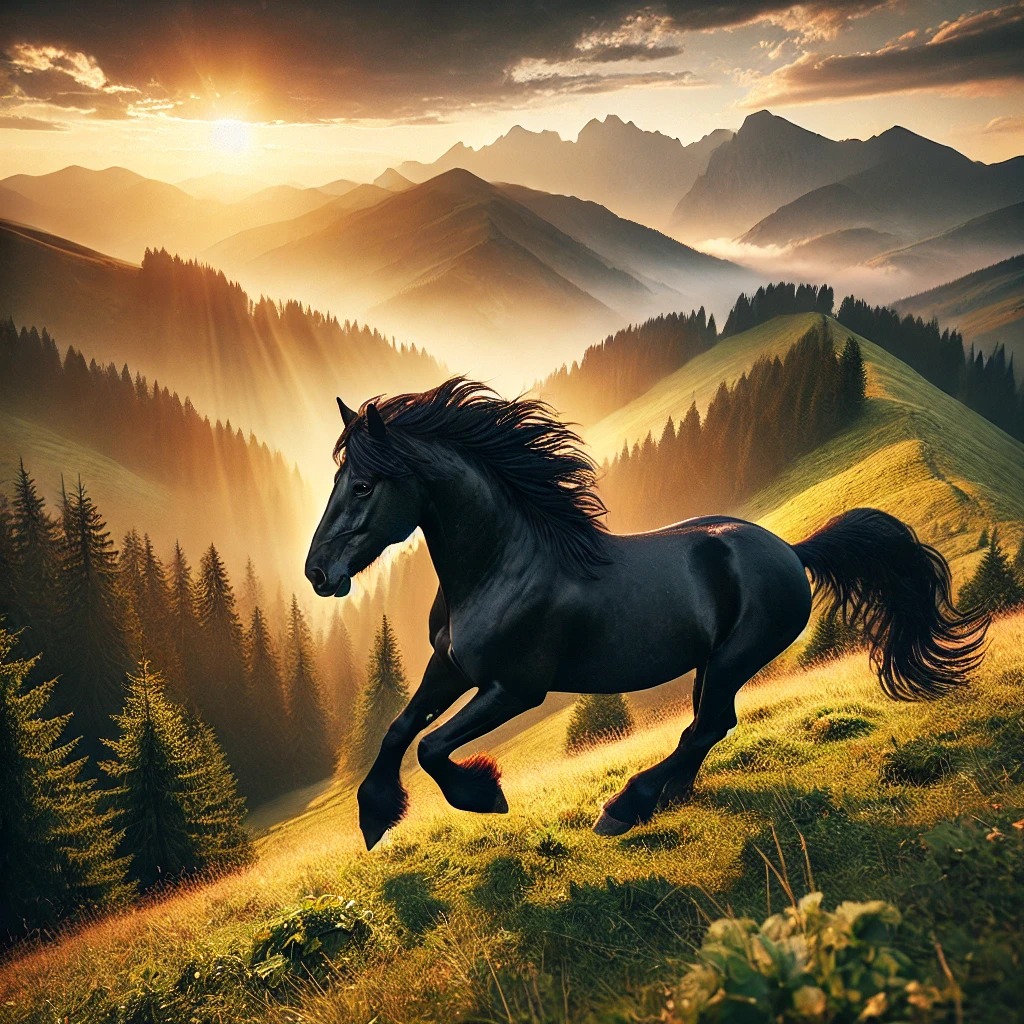
In the quiet village of Moieciu de Sus, nestled in the Carpathian Mountains, there lived a horse named Fulger. He was a striking black stallion, with a sleek coat that shimmered like the night sky. Though he was strong and proud, Fulger had spent his life penned in a small paddock on the farm of old Gheorghe, a gruff man who had raised him since birth.
Fulger had always felt a deep yearning for freedom. Each day, he would stand by the fence, gazing at the rolling hills and thick forests beyond, dreaming of galloping across the vast fields and feeling the wind rush through his mane. But strict and traditional Gheorghe kept him confined, using him only for farm work. Fulger's powerful legs were meant for running, not ploughing, and his spirit longed to soar beyond the farm.
The only one who understood Fulger's restless soul was Mihai, a 13-year-old boy who worked on Gheorghe's farm as a farmhand. Mihai had always admired the stallion's wild spirit, and often after a long day's work, he would sneak over to the paddock, whispering to Fulger through the wooden fence. The boy and the horse shared an unspoken bond, both trapped by circumstance but dreaming of something more.
One cold autumn morning, the village awoke to the news that old Gheorghe had passed away in his sleep. The farm was silent, and no one knew what would happen to the animals, least of all Fulger. Mihai, who had no family of his own, was left to wander the farm aimlessly. But when he saw the stallion standing alone, his dark eyes filled with sadness and longing, something stirred in the boy.
That evening, while the villagers were busy with their affairs, Mihai took a chance. With trembling hands, he unlatched the gate of Fulger's paddock. The horse, sensing something had changed, hesitated for a moment, as if not quite believing he was finally free. Then, with a powerful burst of energy, Fulger galloped out into the open, his hooves thundering against the earth. He raced across the fields, towards the distant lowlands, where the forests were thick, and the rivers ran free.
But Fulger never forgot Mihai. Every weekend, when the village was quiet, the stallion would return to the outskirts of Moieciu de Sus, waiting for the boy. Together, they would ride bareback across the fields, exploring the hidden paths in the forests and the misty hills that Fulger had always dreamed of. Mihai would cling to the horse's mane as they sped through the trees, the world around them a blur of green and gold.
Fulger made his home in the old shepherd huts scattered throughout the hills, places that had long been abandoned by men but still stood strong against the mountain winds. The shepherds, knowing the tale of the black stallion who now roamed free, left hay and grain for him, respecting his wild spirit and understanding his need to roam.
Mihai, now a young man, would often visit Fulger in the hills. Their bond grew deeper, their adventures more daring as they explored the untouched lands of the Carpathians together. Sometimes they would ride through the thick forests, other times they would ascend to the highest peaks, where the sky seemed endless, and the world below was but a distant memory.
Fulger, no longer trapped by fences or duty, lived the life he had always dreamed of. But he never left Mihai behind. For though he was free, his heart was bound to the boy who had set him free. Together, they found something greater than the confines of the farm or the pull of the wild—they found friendship, adventure, and freedom in each other's company.
And so, in the hills and fields of Moieciu de Sus, the legend of Fulger, the horse who roamed free but always returned to his friend, grew. The villagers would speak of the black stallion who was once penned in but now raced through the lowlands, and of the boy who had given him his freedom, only to find that true freedom meant never being alone.

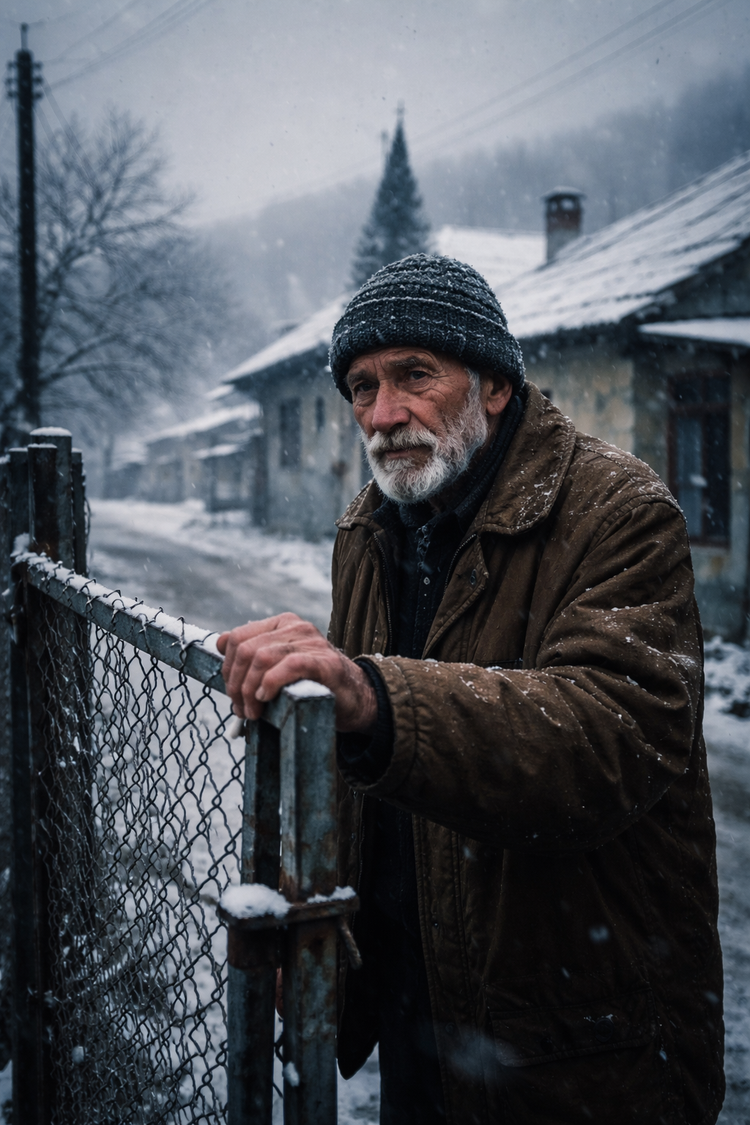
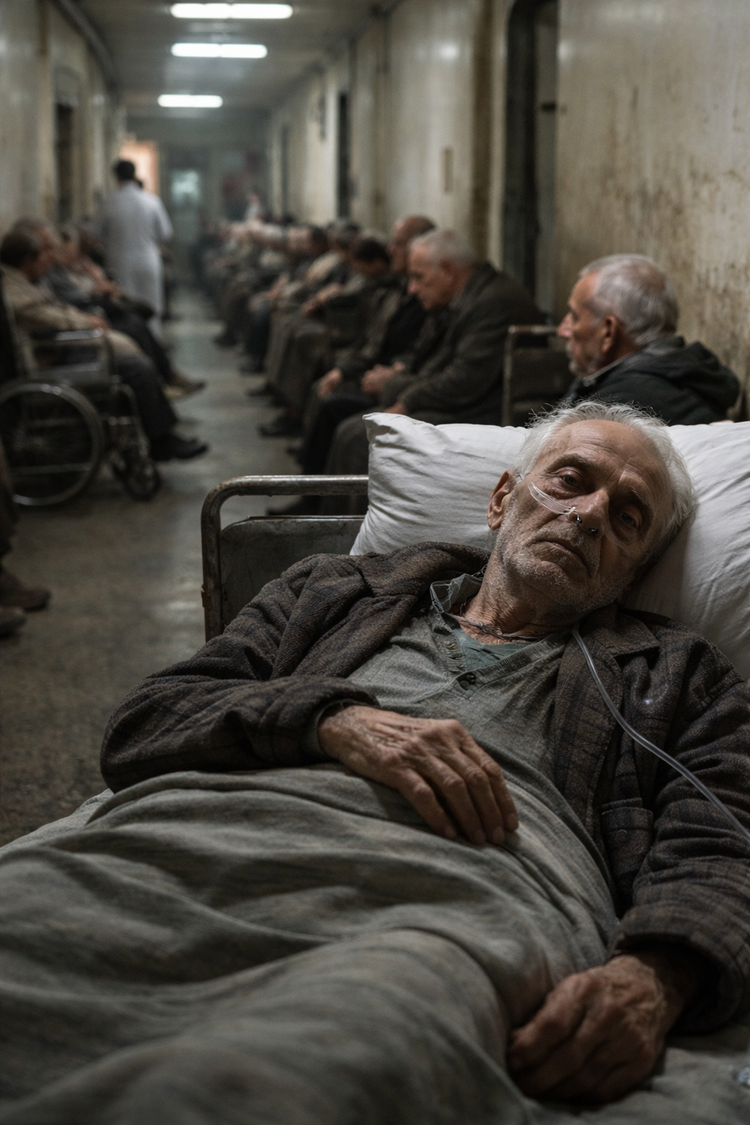
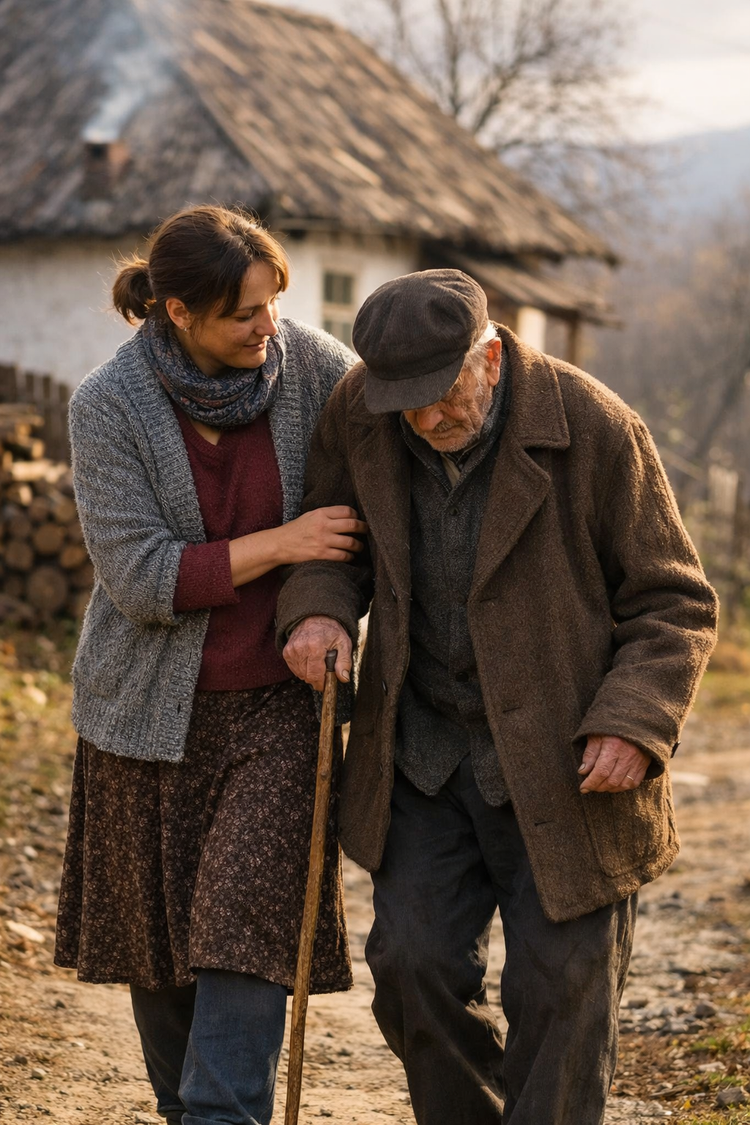
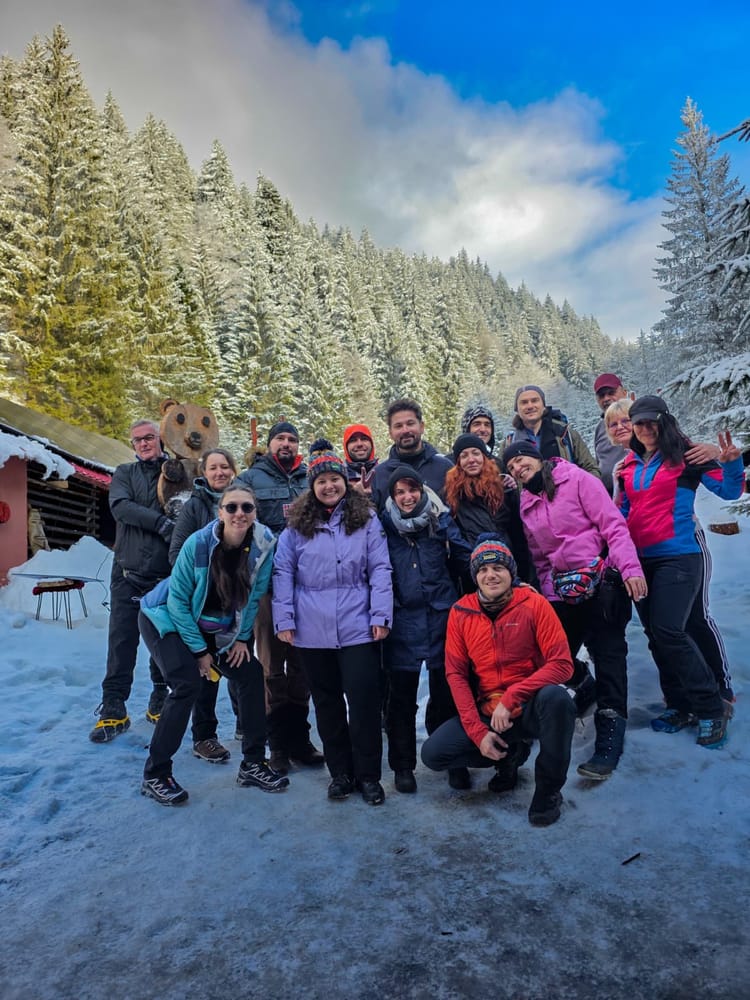
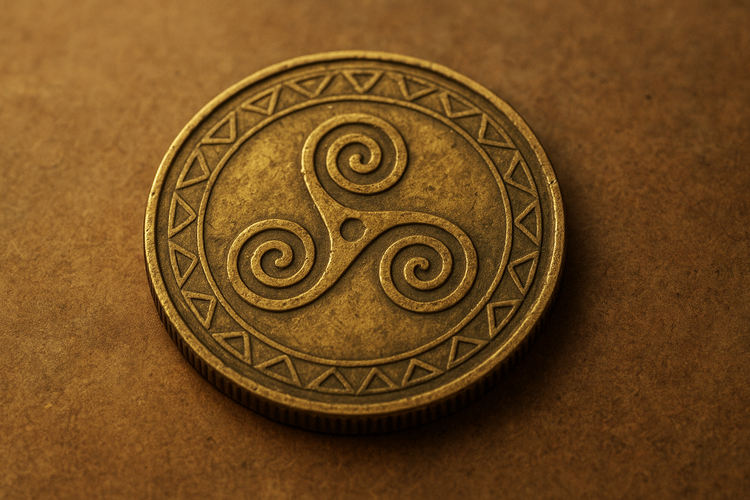
Member discussion